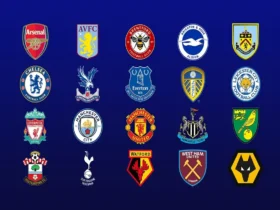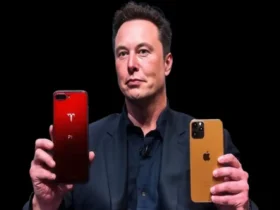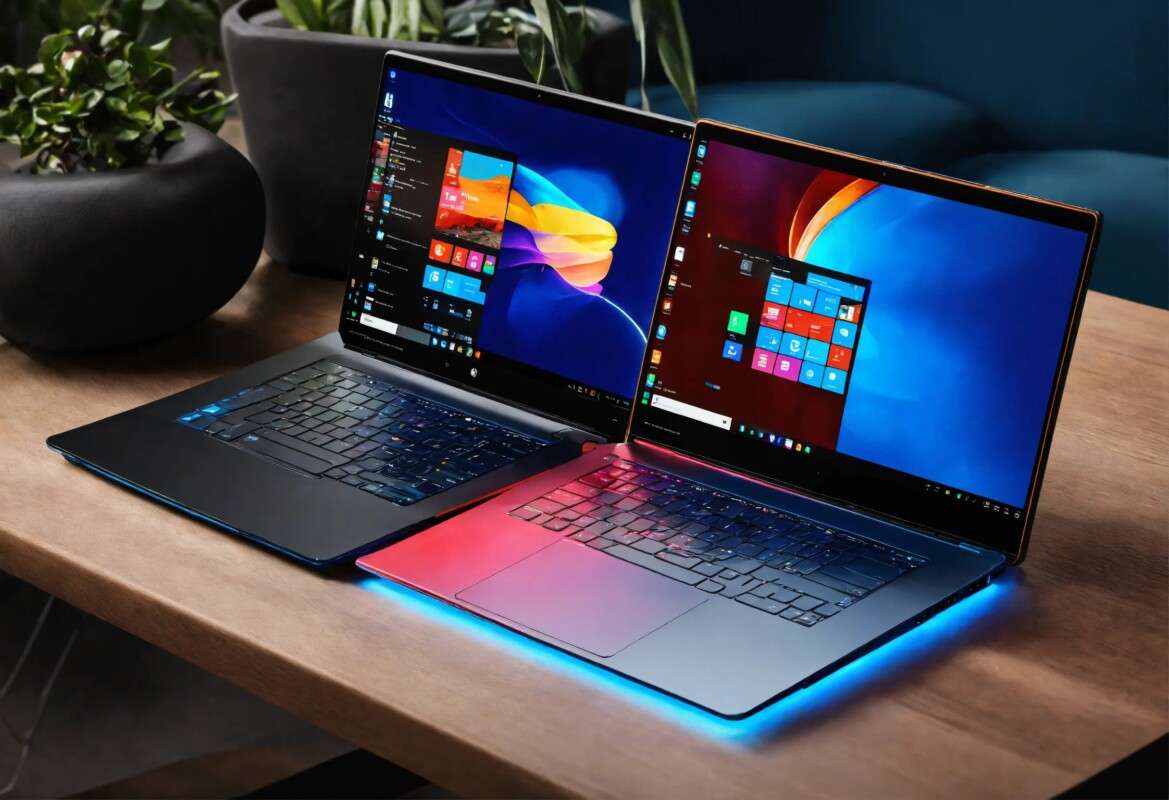- Plastic Bricks: Recycled plastic bottles are transformed into interlocking bricks for sturdy, low-cost construction.
- Hydropower on a Micro Scale: Pico-hydropower plants harness the power of small streams to generate electricity for remote villages.
- Bikes Deliver Medicine: The “Red Box” project uses pedal-powered deliveries to ensure vital medications reach those in rural areas.
- Terracotta Water Filters: Locally-produced clay filters provide clean drinking water to communities lacking access to filtration systems.
- Mobile Libraries: Converted bicycles become mobile libraries, bringing books and educational resources directly to people.
- Pay-As-You-Go Solar: Mobile money platforms allow for flexible payments for solar home systems, making clean energy more accessible.
- Drone Deliveries: In emergencies, drones deliver medical supplies and aid to remote or hard-to-reach areas.
- SMS for Farmers: Text message services provide farmers with crucial information on weather, market prices, and agricultural best practices.
- Grid-Independent Radio: Community radio stations powered by solar panels and pedal power keep even remote villages informed and connected.
- Vertical Farming: Urban farms utilize vertical space to grow fresh produce efficiently, maximizing yields in limited areas.
- Biogas: Organic waste is converted into biogas, a clean and renewable cooking fuel alternative to firewood.
- Walking Buses: Groups of children walk together along designated routes, ensuring safety and companionship on their way to school.
- Community Irrigation Systems: Simple irrigation networks manage water distribution effectively, maximizing agricultural productivity with less water.
- E-waste Recycling: Locally developed solutions collect and process electronic waste, reducing environmental pollution.
- Bamboo Bikes: Sustainable and strong bamboo frames are used to create durable, eco-friendly bicycles.
- Mobile Cinemas: Movies projected on inflatable screens bring entertainment and education to underserved communities.
- Women’s Recycling Cooperatives: Empowering women, these cooperatives collect and recycle plastic waste into valuable products.
- Local Building Materials: Utilizing natural resources like rammed earth for construction reduces costs and environmental impact.
- Community Seed Banks: Local seed varieties are preserved and shared, ensuring biodiversity and food security.
- Barter Markets: Traditional barter systems are revived, promoting local trade and economic activity in rural areas
Rwanda’s embrace of “low-tech” solutions demonstrates that innovation doesn’t always require cutting-edge technology. By creatively using what’s available, Rwanda is building a more sustainable, equitable, and prosperous future.

































